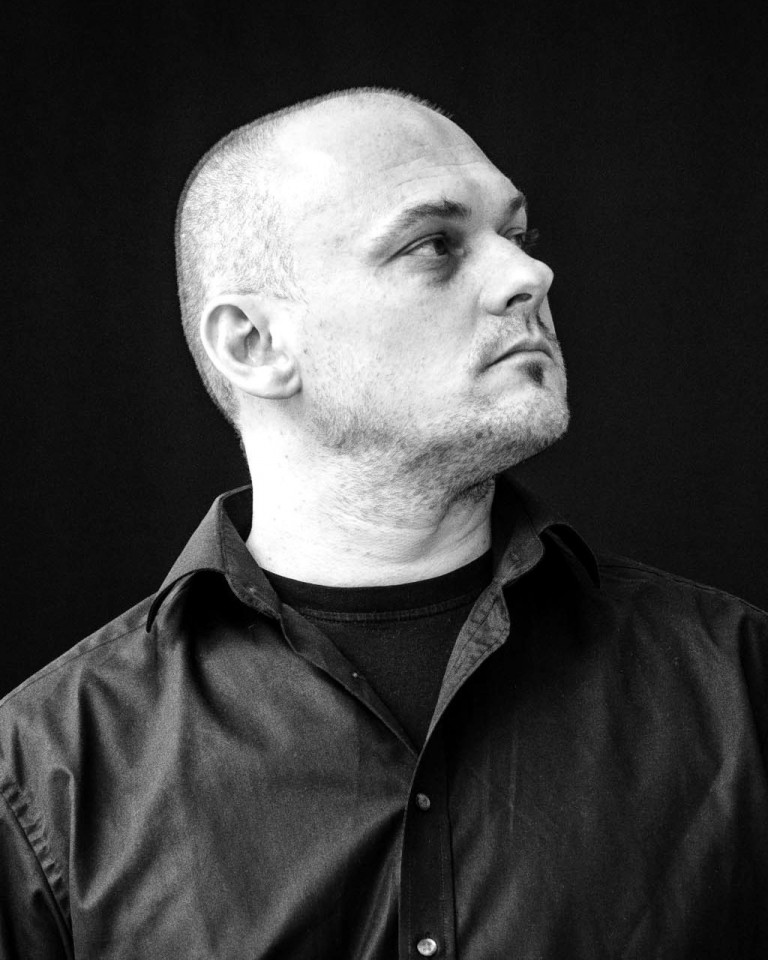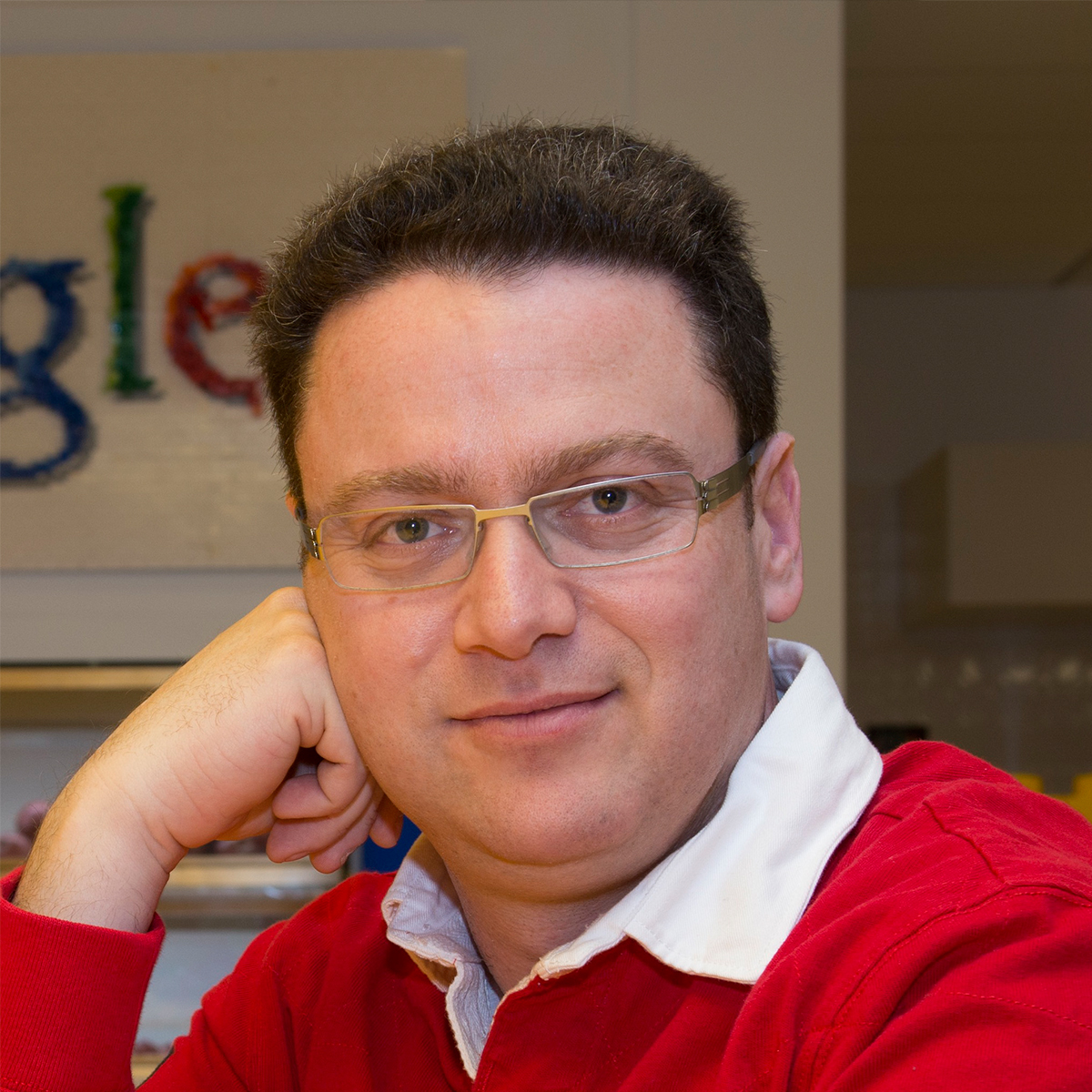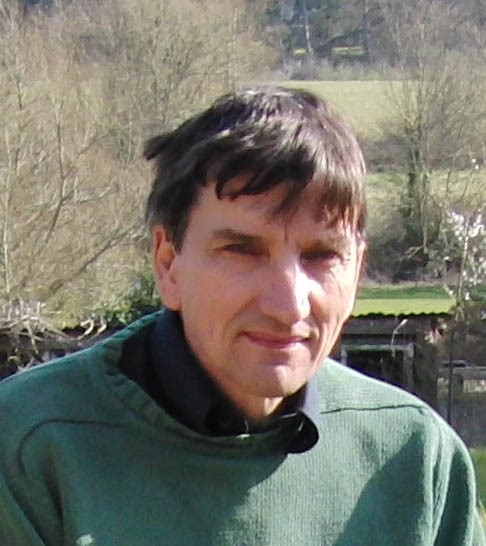Teil des Programms der “Mensch und Computer 2016″ sind drei eingeladene Vorträge (Keynotes).
Martin Kaltenbrunner: “Begreifbare Musik”
Montag, 5.9.2016, 9:00 – 10:30

Martin Kaltenbrunner ist Professor am Interface Culture Lab der
Kunstuniversität Linz. Vor seiner Rückkehr nach Österreich forschte und
lehrte der Wissenschaftler an der Universität Pompeu Fabra in Barcelona
sowie weiteren europäischen Universitäten und Forschungseinrichtungen
wie dem MIT Medialab Europe in Dublin. Als Mitbegründer von Reactable
Systems arbeitete er vorrangig am Interaktionsdesign des elektronischen
Musikinstruments Reactable, und wurde dafür unter Anderem mit dem Prix
Ars Electronica für Digital Musics ausgezeichnet. Kaltenbrunner arbeitet
als Musikinstrumentenbauer und Interaktionsdesigner nicht nur an der
Schnittstelle zwischen Kunst und Wissenschaft, sondern ist auch
maßgeblich an der Entwicklung neuartiger Technologien in der
Mensch-Maschine Interaktion beteiligt, die heute als Grundlage für
vielfältige künstlerische und wissenschaftliche Entwicklungen im
Forschungsbereich der Gegenständlichen Interaktion dienen.
Web: http://modin.yuri.at/
Web: http://interface.ufg.at/
Web: http://www.reactable.com/
Web: http://www.tuio.org/
Gegenständliche Musikalische Interfaces versprechen ein neuartiges
Paradigma für die Gestaltung elektronischer Musikinstrumente. Prof.
Kaltenbrunner wird in seinem Vortrag die wesentlichen Grundlagen von
“Tangible User Interfaces” vorstellen, und die wesentliche Bedeutung der
Mensch-Maschine Interaktion für die elektronische Musik diskutieren.
Dies ist vor allem auch dadurch motiviert, die Verwendung
standardisierter graphischer Plattformen als vorrangiges Werkzeug der
zeitgenössischen elektronischen Musik in Frage zu stellen, und damit
auch neue Wege für die Entwicklung von Musikinstrumenten und letztlich
auch allgemeingültigen Gestaltungsmustern eröffnen. Prof. Kaltenbrunner wird auch seine persönliche Perspektive anhand der Geschichte des Reactable Synthesizers und dessen grundlegende Designkonzepte teilen.
Tomer Sharon: “Perfectly Executing the Wrong Plan”
Dienstag, 6.9.2016, 9:00 – 10:30
 Tomer is Head of User Experience at WeWork in New York City leading a team that designs work and living spaces, communities, and services around the world. Formerly a senior user experience researcher at Google Search, Tomer is the author of the book, Validating Product Ideas through Lean User Research (2016) and author of, It’s Our Research: Getting stakeholder buy-in for user experience research projects (2012). He founded and led The Israeli Chapter of the User Experience Professionals’ Association and has been preaching and teaching UX at Google’s LaunchPad program, a bootcamp for early-stage startups around the world, in conferences, and at Treehouse and General Assembly. Tomer holds a master’s degree in Human Factors in Information Design from Bentley University in Waltham, MA.
Tomer is Head of User Experience at WeWork in New York City leading a team that designs work and living spaces, communities, and services around the world. Formerly a senior user experience researcher at Google Search, Tomer is the author of the book, Validating Product Ideas through Lean User Research (2016) and author of, It’s Our Research: Getting stakeholder buy-in for user experience research projects (2012). He founded and led The Israeli Chapter of the User Experience Professionals’ Association and has been preaching and teaching UX at Google’s LaunchPad program, a bootcamp for early-stage startups around the world, in conferences, and at Treehouse and General Assembly. Tomer holds a master’s degree in Human Factors in Information Design from Bentley University in Waltham, MA.
Twitter: @tsharon
Instagram: http://www.instagram.com/tsharon
Web: http://www.leanresearch.co
Books: http://rosenfeldmedia.com/books/lean-user-research/
http://www.amazon.de/Its-Our-Research-Stakeholder-Buy-/dp/0123851300/
Product developers ask themselves excellent questions about their users: Do people need my product? Can people use my product? Why do people sign-up, then not use my product? However, product developers answer their excellent questions in invalid and unreliable ways. It is shocking to see how much effort product developers put in writing elegantly structured, refactored code, with good unit test coverage in an agile environment, and yet, their products fail miserably. This talk inspires designers, product managers, and developers to implement valid and reliable ways to answer their most burning questions. It helps them validate or invalidate their assumptions on their own—cheaply, and quickly, by using simple user research techniques with a main goal in mind: developing products people need, want, and enjoy.
David Crellin: “The micro:bit project – Development and distribution of a device for every secondary school student”
Mittwoch, 7.9.2016, 11:00 – 12:30

David was educated at Bristol, and Cambridge Universities. In 1982 He joined PA’s, Technology division where he was responsible for managing a number of major electronic product development projects. In 1986 David set up his own business (Abington Partners). Abington originated data-logging software and hardware for schools. The company has won three SMART awards.
In 2011 Abington Partners transferred the educational datalogging products business was to a new company ScienceScope Ltd with David as CEO. The range and extent of the educational datalogging products range has grown to be one of the most innovative and comprehensive available. In 2013 ScienceScope won an £800,000 Technology Strategy Board funded project (DISTANCE) to develop an Internet of School Things (IOST) demonstrator. Partners in the project include Intel, xively and three UK universities, University College London, The Open University and Birmingham.
ScienceScope is also a key partner of the BBC in delivering the micro:bit project. The micro:bit is a nano computer designed to inspire kids to get involved in coding. We made a substantial contribution to the technical design of the product as well as delivering the iOS app and supporting the distribution of the devices throughout the UK. Micro:bits have now been distributed to all schools in the UK so that every student in year 7 (aged 11) has their own coding device in school.
Web: http://https://sciencescope.uk/
Web: https://sciencescope.uk/
The micro:bit project was born in the bowels of the BBC in 2014 from the idea of reimagining the BBC micro (one of the first school computers launched in 1981) from the 21st century. The result was a small codable device which has now been delivered to every secondary school in the UK so that every year 7 (11 year old) student can have their own coding device. Together with 29 other partners ScienceScope offered to support the BBC in creating this exciting device. David Crellin of ScienceScope will give a detailed description of how the micro:bit was conceived and developed, how it was distributed to schools and the initial outcomes of this transformational project.
In addition, David will discuss the future of the micro:bit and how it will be used across the world to transform the teaching of technology in schools.
